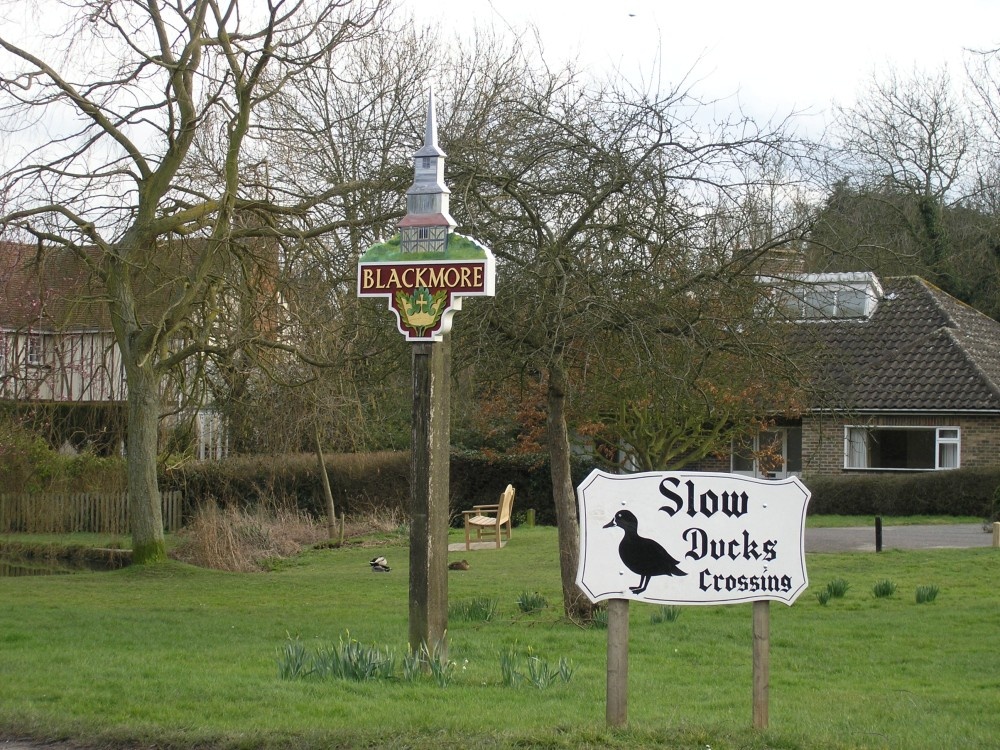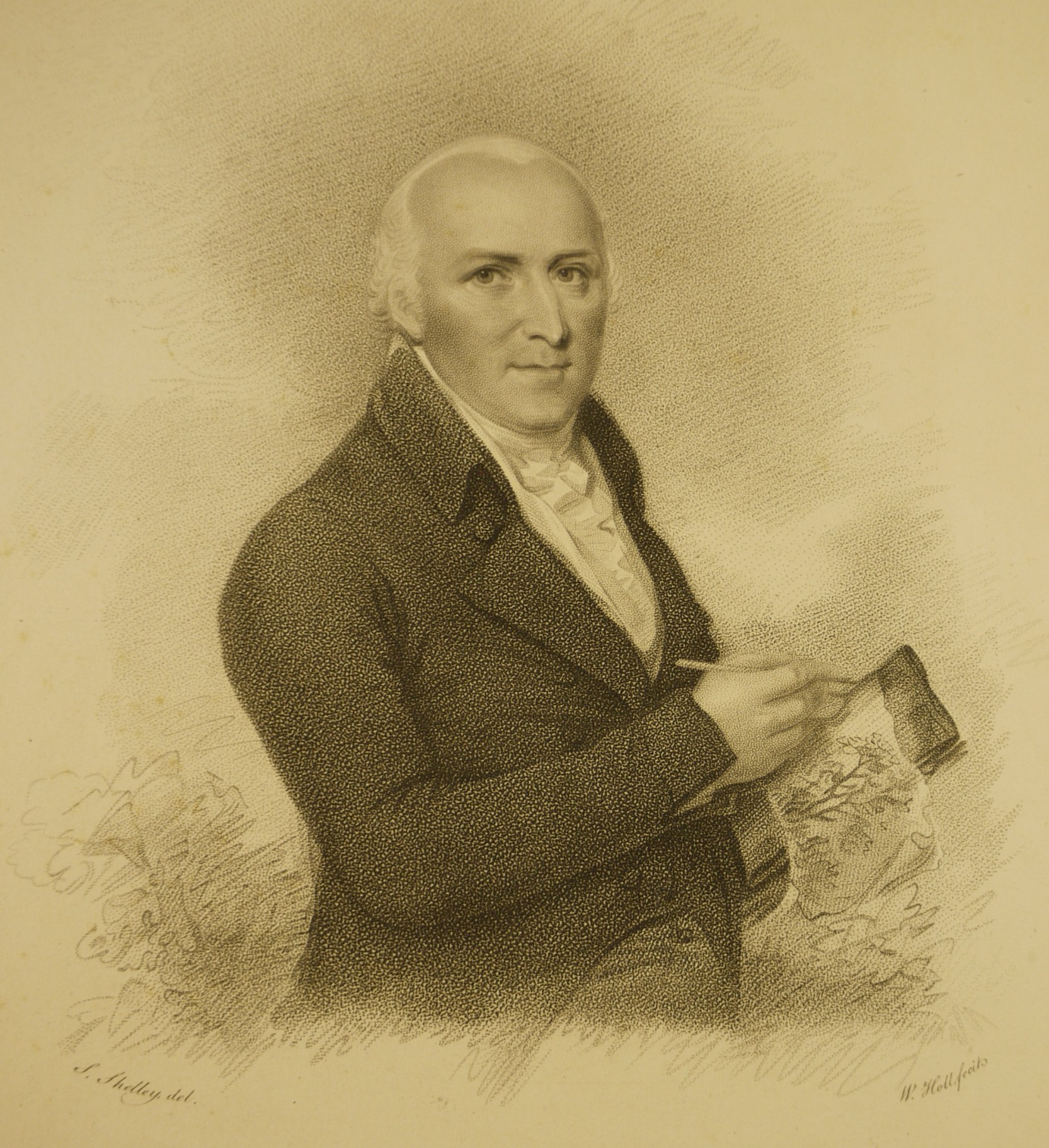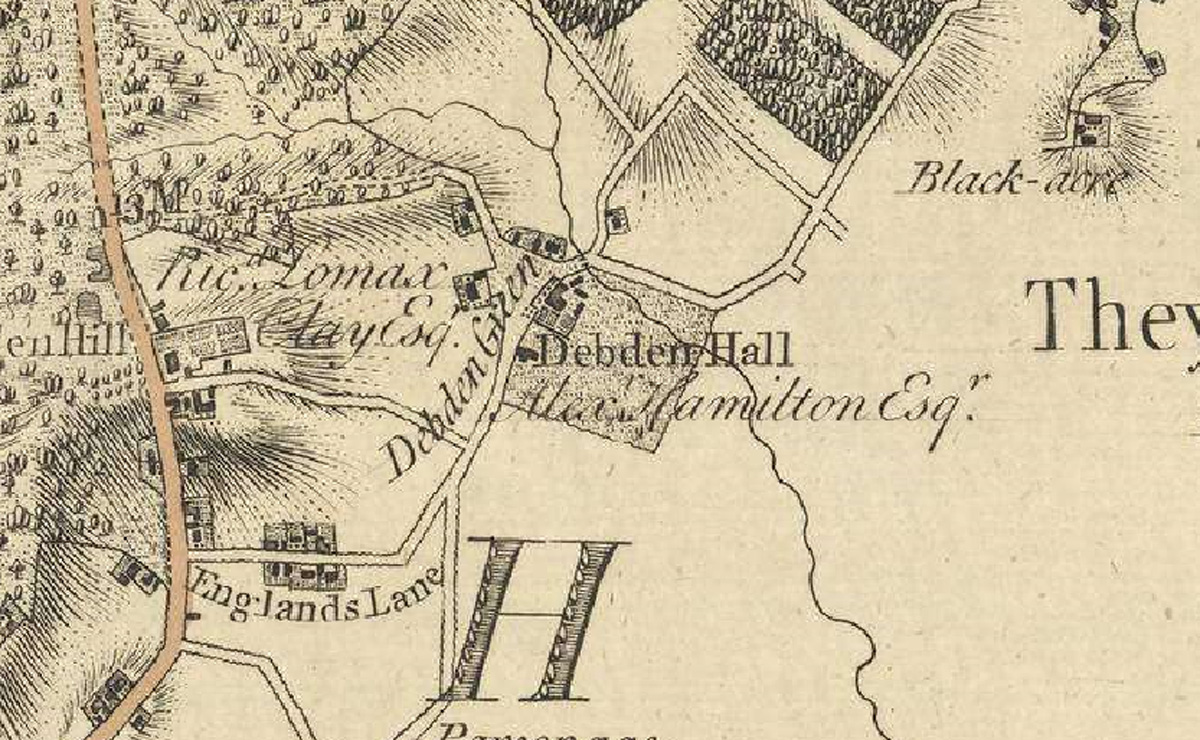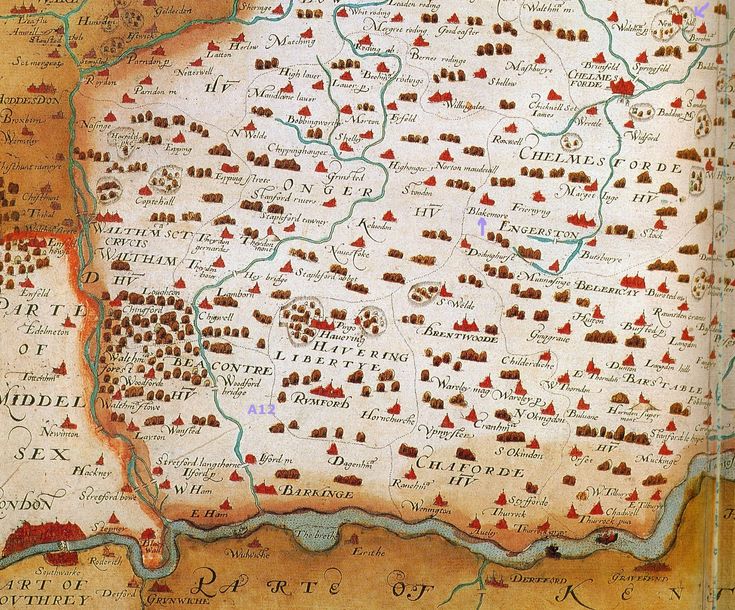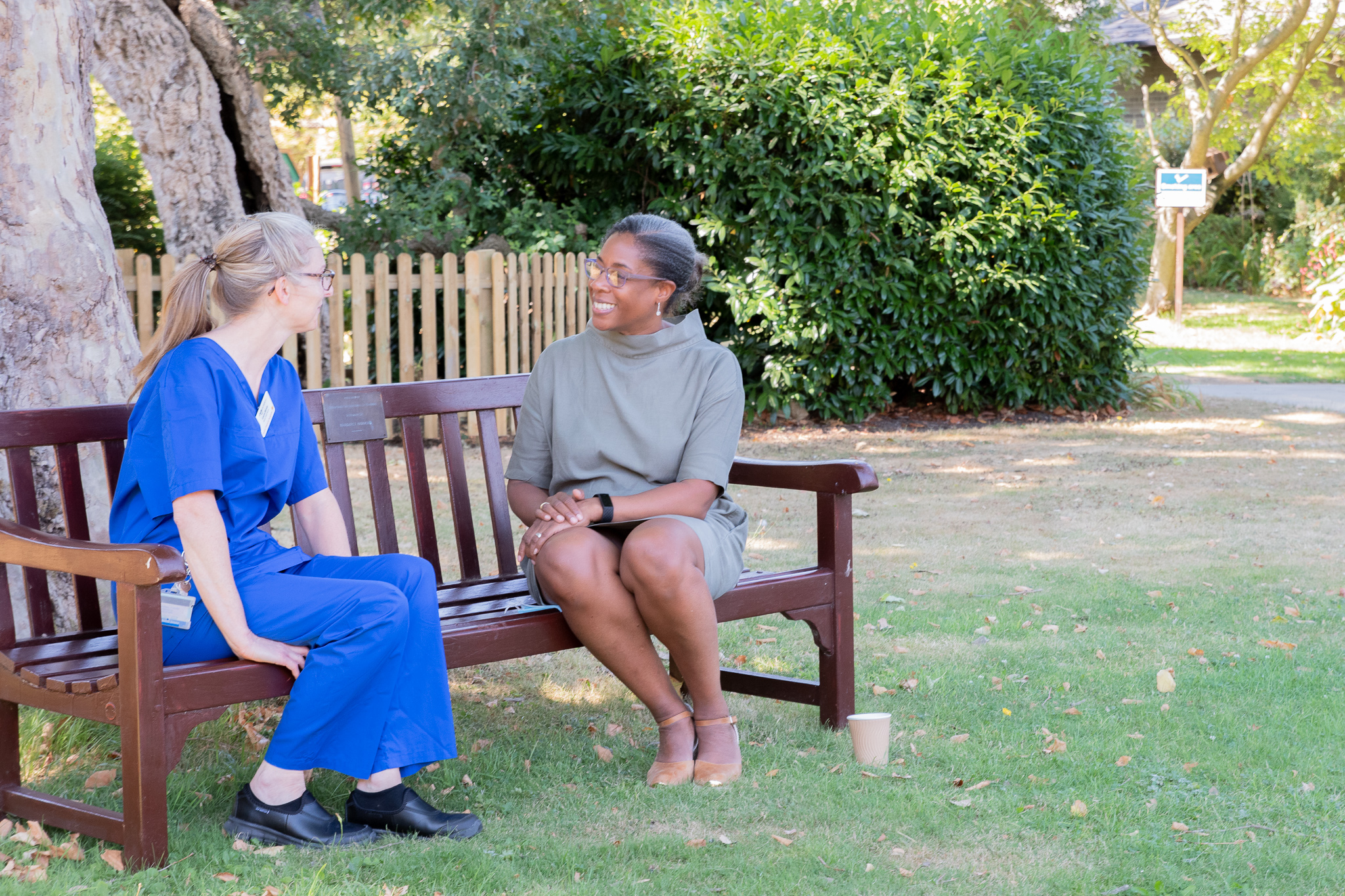I was joined again today by BRIAN HUGHES, our local guru and consultant solicitor at Shenfield based RAINER HUGHES.
Brian was looking today at the issues revolving around cohabiting.
Now at first glance you might think that there should be little here that involves the law, but as Brian explained although many couples now live together without getting married, or entering into a Civil Partnership, they do so very much at their own peril. As a result, in the event of the death of one of them, or the break up of the relationship they can find themselves in all sorts of trouble.
The first and most dangerous assumption is that if a couple have lived together for a certain length of time, the survivor of them becomes entitled in some way to the assets of the person they have been living with. But the concept of a Common Law marriage where you live with someone for years, have children, share the costs of the home and of bringing up the children, and then inherit your cohabitant’s property is a complete myth.
The truth is that if your cohabitee dies, the next of kin of your cohabitee will inherit his or her Estate because you are not that person’s next of kin.
The only way you will inherit is if your cohabitee has made a Will in your favour, or your family home is registered at the Land Registry in joint names. The next of kin could be your children or your cohabitant’s brothers, sisters or parents. You could find yourself, quite literally, out in the cold. And the same difficult situation could arise in relation to your cohabitant’s Bank Account unless you have a joint account.
Clearly the best and most obvious solution would be to put the family home in joint names, have a joint bank account and make wills in favour of each other; the only other option is to enter a Cohabitation Agreement.
Without any of this a cohabitant has no legal rights over the assets of the other partner in the event of death or separation unless it can be shown that they contributed to the purchase of, or improvements to the family home at the time of purchase. Subsequent improvements are not covered.
The children of cohabitees have rights to the assets of a parent and this can also be a complicating factor.
Listen again here to all the points that Brian made today: –
In the second hour of today’s programme, we heard about the health expert who was found to have been using his computer at the Liverpool Heart and Chest clinic to access pornographic material.
It seems that he was compelled to satisfy his tastes at work after his wife had installed filters on his home PC.
Apparently he told the Tribunal examining his case that his addiction was similar to that of an alcoholic and said that it had to do with a hormone in the brain!
I must remember that excuse – I’m sure it will come in useful for some misdemeanour of which I may stand accused at some time in the future!
I’ll see you again tomorrow,
Scott




















